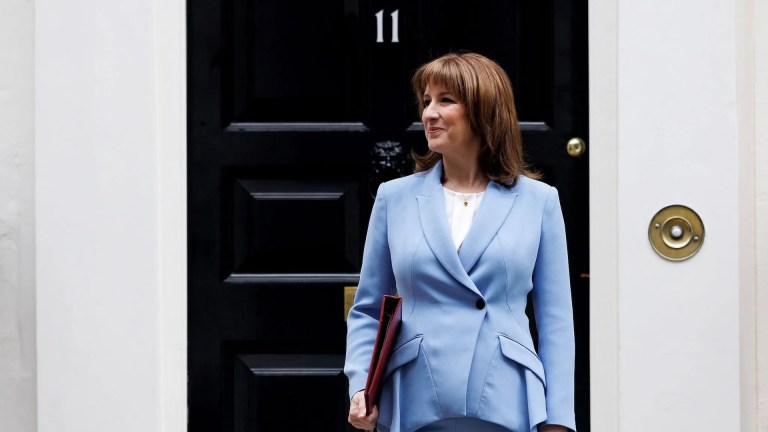Immigration forms one of Keir Starmer’s six “first steps” for change, if he wins the 4 July general election. At today’s (13 June) Labour manifesto launch in Manchester he unveiled the detail of those plans – but what do they mean?
The most eye-catching promise of an already-trailed manifesto is a new Border Security Command, funded by scrapping the government’s Rwanda scheme.
Speaking before Starmer, deputy leader Angela Rayner repeated Labour’s asylum slogan: they will “smash the smuggling gangs“. But what do their plans on asylum and immigration mean? We’ve already broken down the Tories’ plans – here we deep dive into Starmer’s policies. Will they work? And how much do they differ from current government policies?
Keir Starmer has promised to cut net migration
Like the Conservatives, Labour is looking to cut net migration. However, whereas Sunak has promised to cut it by half, with a legally binding cap agreed by parliament from that point, Starmer’s manifesto does not have a clear figure.
It will also “end the long-term reliance on overseas workers in some parts of the economy”, by training workers in key sectors. These are two sides of the same coin, said Jonathan Thomas, senior fellow at the Social Market Foundation think tank.
“Labour’s plan is to reduce net migration by reducing the UK’s demand for overseas workers by training and upskilling local workers and improving working conditions,” Thomas said.









